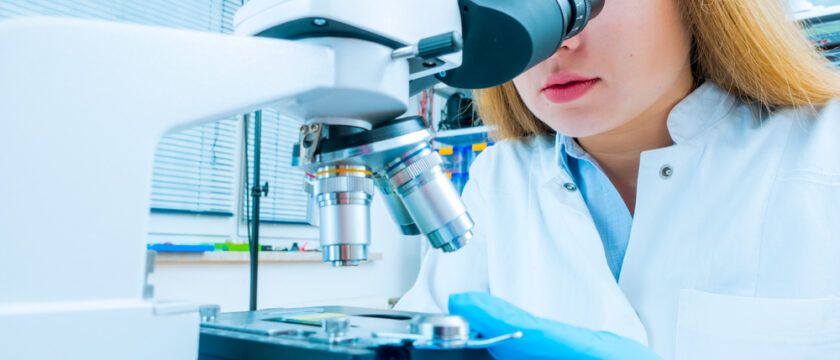Things To Conisder Before Taking Dna Tests
By Catherine M, Staff Editor
Last Updated on June 10th, 2025 / Published on November 27, 2024

From ancestry to potential health risks, the genes in our DNA tell us a lot about our bodily composition. It is an incredible tool in our genealogy. Due to advancements in technology, there is a lot more that is accessible and a lot can be revealed about how our body reacts to certain health conditions. Here are some things that you need to know about DNA testing and buying a DNA testing kit.
DNA testing procedure
Genetic tests are performed using samples of blood, hair, skin, amniotic fluid (a type of fluid that surrounds the fetus during pregnancy), and other tissue. A procedure called Buccal smear uses a cotton swab that collects the sample from the inside surface of the cheek. The sample is then sent to the laboratory where the technicians look for changes in the chromosomes, DNA, and proteins to find a specific disorder.
Types of DNA tests
- Y-DNA test
Y-Chromosome DNA tests helps in exploring a man’s patrilineal ancestry. - Mitochondrial DNA test
This type of DNA tests helps in exploring genetic ancestry assisted to your maternal side. It uses mitochondria, which is the powerhouse of the cell to track the lineage of the maternal side. - Autosomal DNA testing
This type of DNA tests only on only one line of your family tree. Both men and women can undergo this DNA test as it helps you trace all your family lines.
You can use DNA testing for studying about diseases like Parkinson’s, Alzheimer’s, alpha-1 antitrypsin deficiency that affects the liver and lungs, and hereditary thrombophilia that results in excessive blood clotting.
Health and DNA testing
Many DNA testing services focuses on screening look for some gene markers that might relate to various diseases. These DNA testing kits help analyze how some genetic diseases like cancer and cystic fibrosis are likely to pass to your offspring. It might prompt you to take action and finding the treatment for these diseases. However, it is not recommended to completely rely on these tests and predict that you might develop certain health conditions.
Perhaps the most useful scenario in this case would be for those who are planning a family. There are DNA tests that are mainly focused on prenatal genetic screening such as carrier checking that helps to analyze if you and your partner have recessive genes that would elevate the risk of certain diseases in their future child. It also involves the non-invasive prenatal genetic screening that can reveal the elevated risk of chromosomal disorders such as down’s syndrome.
There are certain DNA testing services that act as market place for DNA testing. In this service, a user sends a sample of saliva to sequence for thousands of genes for genetic research based on the region of interest. These services then use third-party DNA tests that help to look for genetic markers for certain health conditions and physical characteristics such as predisposition of male pattern baldness and fitness-related traits.
In addition to telling more about yourself, there are DNA tests that tell you more about how are you related with others. To give you more insights into your family history, these DNA testing services compare your DNA with over a million other genomes in their database. These DNA services estimate your possible relationship with any given person in their database. You might end up getting matched to anyone, from paternal uncle to a distant cousin.
Factors that affect DNA testing
The DNA tests carried with the help of cheek swab might become contaminated before they are sent to the lab. Here are a few tips to prevent this from happening. Avoid eating drinking, smoking, and brushing your teeth. There is a possibility that the foreign matter might mask the DNA and make it unstable for paternity tests. There is a possibility of cross-contamination as someone might inadvertently handle the tips of the swab or accidently drop it.
The cost of genetic testing can range from $100 to $1000 if done from a medical facility. There are a number of websites through which you can order DNA test kits that you can order for less than $100.
Many DNA test services do not consider environmental factors. For instance, the risk of developing a health condition depends on a host of factors like lifestyle, the place you live in, the food you ate while growing up, medications you took throughout your life, and even the pesticides you were exposed to. These might contribute more than genetic constitution and history.


